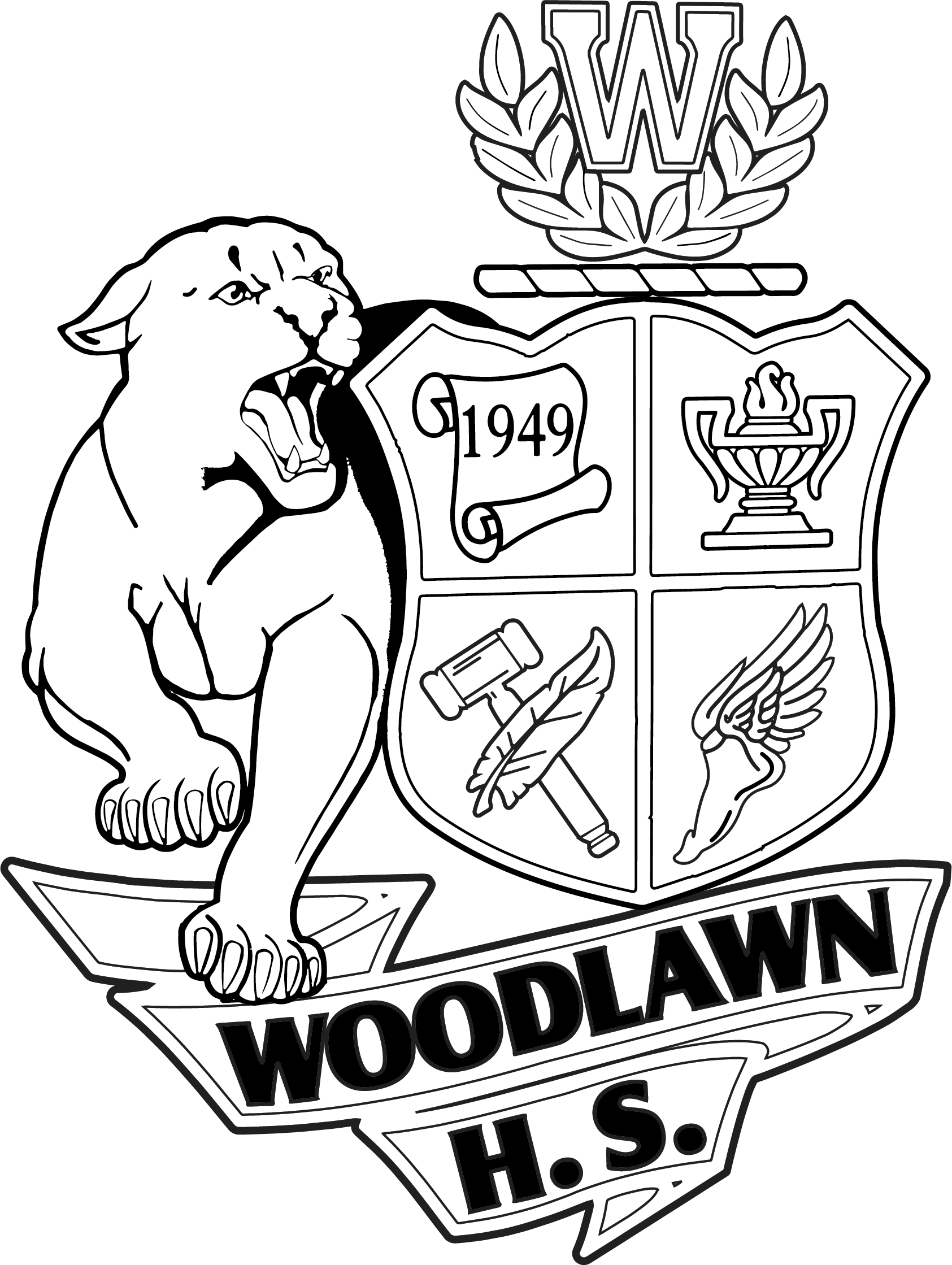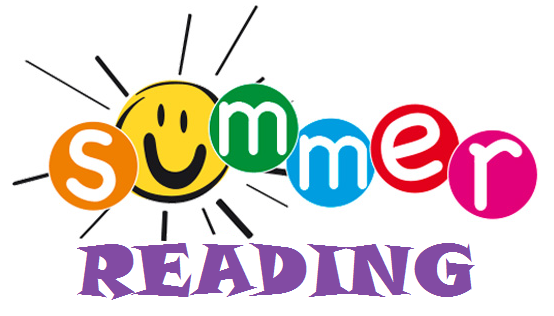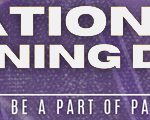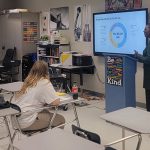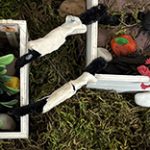For questions about summer reading, please email Ms. Collins at tc******@********ls.org.
“The role of a writer is not to say what we can all say, but what we are unable to say.”
— Anais Nin
Introduction
Your summer assignment is a chance for you to read Daniel Defoe’s Journal of a Plague Year (Diario del año de la peste) to explore ideas, and to write in response to what you are reading and thinking. The task has three parts, and all work is due September 4, 2020.
I have linked to all the texts that are available online, but in some cases, you may need to go to your local library to get a copy. In many cases, I have included additional links if you are fascinated by what you read and are interested in exploring more.
As Voltaire said, “Think for yourself and let others enjoy the privilege of doing so too.” Enjoy the privilege of reading great texts. Enjoy the writing process.
Part I — Organizing
Text — How I Take Notes and 10 Note-Taking Tips
After watching StudyTee’s notes system, I want you to think about how you can benefit from this organization method that will be used for this summer and throughout the year.
Assignment — Two options
- Get a notebook of your choice with the style of paper that you prefer (lined, graph, blank, bullet point, etc.). We will use this notebook to create notes for The Journal of a Plague Year.
- Students may also create a Google Docs to create notes for The Journal of a Plague Year.
Why it is essential — The process of learning something often starts out feeling disorganized and unwieldy; the most important aspects are not always salient. Consolidation helps organize and solidify learning. This notebook will serve as a means to consolidate what you have learned from The Journal of Plague Year. Make it your own. Decorate it if you like or keep it clean and clear.
Part II — Reading
Text 1 — Leo Babauta’s Why I Read (+ a Dozen Book Recommendations)
Assignment — Write a page of notes about your relationship with reading. Share an honest assessment of the role that it plays in your life. Think about how you would conceptualize and categorize reading’s impact on you. I value honesty over flattery. If reading is not your thing, say it. If you love it, then let me know. I don’t care so much which side you take. More important than what you choose is the truth of your reflection. I want to read about why you feel the way that you do. I want to get to know you as a reader.
Why it is essential — This is the first step in me getting to know you as a reader. What’s more important than that?
Text 2 — Journal of a Plague Year
Assignment –Create three pages of notes about the book. How you organize those three pages is up to you. I know that this is vague and undefined but look at it another way. I am empowering you to do what you feel is right. You have the freedom to do what you want. You can create whatever you want. All I’m asking you to do is create three new pages of notes about your reading experience. When there are little to no rules, the possibilities are endless. It is up to you to make it awesome!
The former is the free-style version of developing your intellectual acumen. A more structured style known as dialectical journals will be introduced as the class progresses. It is a format that involves talking your way through a text and being able to analyze content material through conversations that you have with the reading material. For example, you would ask yourself: What exactly was the Black Death? Then explore the question through information found in the reading. The point is for you to expand your boundaries and intellectual curiosity by asking questions and finding answers. You will discover that the process serves to broaden your horizons and allows you to be comfortable in your own skin!
Why it is crucial — A mature thinker chooses and develops his or her criteria to evaluate the quality of texts. I respect your ability to make connections to other books, ideas, cultural perspectives, eras, and personal experiences. When you have control over how you do that, you often exceed my expectations. So do it.
Text 3 –Poems That Say Thank You
Assignment — Choose two poems from this list and create notes for each. The notes should focus on an analysis of each poem. Look for the interrelated parts. Use SWIMTAG. Find the individual aspects of the poem that give it meaning.
- The Road Not Taken by Robert Frost is an excellent example of a sophisticated analysis of a famous middle school poem.
- Nerdwriter demonstrates a sophisticated analysis of e.e. Cummings’ poem i carry your heart
Why it is essential — Thoughtful readers write to examine and convey complex ideas, concepts, and information clearly and accurately. How? Selecting apt and specific evidence, organizing that evidence into broader purposes, and communicating the impact of its meaning make you a keen reader.
Part III — Seeing-BONUS
Text — The Nerdwriter Analyzes Edward Hopper’s “Nighthawks”
Evan Puschak has his own YouTube channel (NerdWriter) in which he offers video essays. I admire these essays that range from art, to film, to politics, to literature. He is thoughtful, well-researched, and has a keen sense of timing and audience awareness. In this video essay, he analyzes one of the iconic 20th century American paintings, “Nighthawks.” Pay attention to not only what he sees, but also notice the biographical and historical context he weaves into his analysis and pay attention to how he uses both the images and words to teach you about the painting.
Assignment — For your first set of notes, I want you to write two pages. Choose a 2-D or 3-D work of art from Google Arts and Culture (https://artsandculture.google.com/). It can be any creative endeavor that has some fascinating artistry. I want you to analyze that work of art on a similar level to Evan Puschak (the Nerdwriter). If you look at his show notes on the YouTube page for the “Nighthawks” video essay, he has done a fair amount of research. I want you to do the same. In your notes, find an organized way to explain its artistic merit and value. Don’t just provide a summary of what it is, analyze how it operates, and why it is essential.
Why it is necessary — I want you to use your notes to enrich your language, background knowledge, and vocabulary. For that to happen, these notes should be so much more sophisticated than a summary. They should reveal the complexity of the work of art. You have to articulate not only what it means to you. You should also have a broader appreciation for the artist, the cultural and historical context concerning its creation, and how the work has transcended time and remains relevant.
